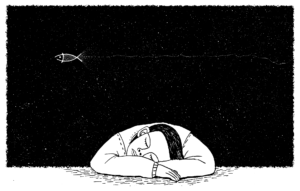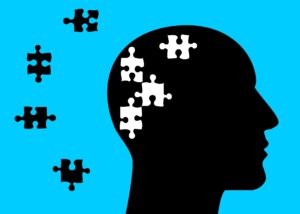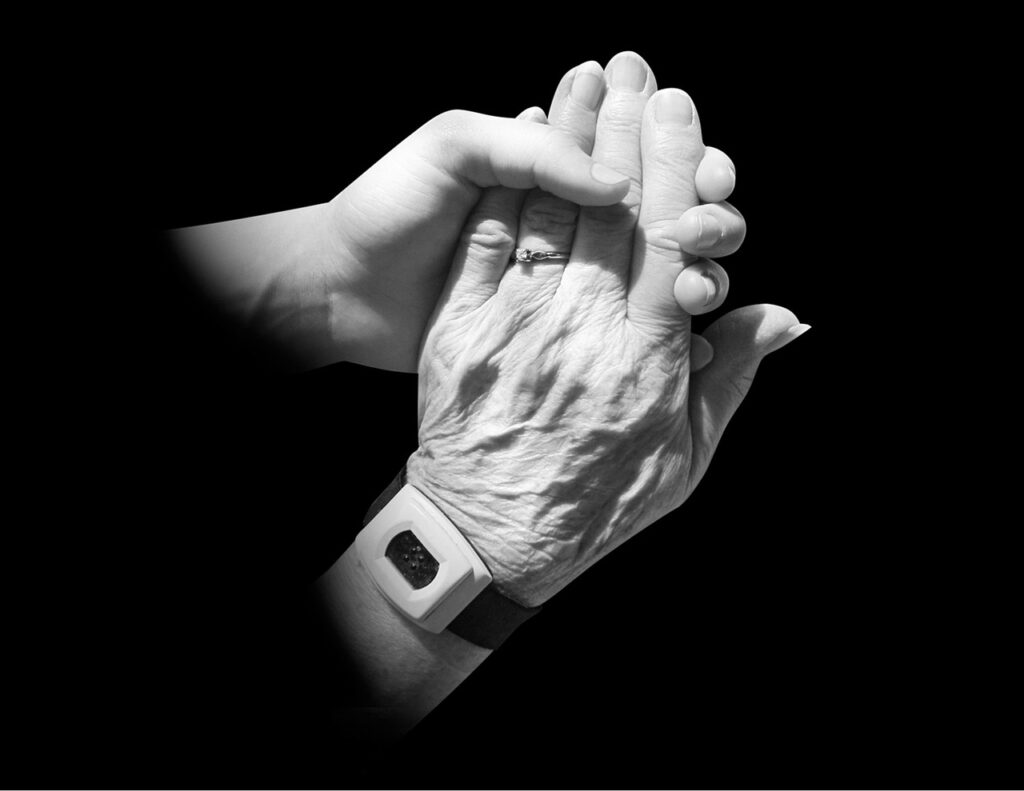Ageing. It’s complex, from diet and exercise to sleep and socialising. Many factors can determine how your ageing process will play out. We have these moments we gaze into a mirror still feeling like we’re in the midst of our 20s or 30s, only to see a face staring back at us that we barely recognise anymore. Years of memories, hardships and celebrations, love and loss. A face that has seen it all, should be worn with honour and pride.
For some though, this is not enough.
What if we want to maintain our youthful looks well into our later years? How do we do it? There is a way to influence the speed at which this process happens. Genes only make a small part of how our future self will likely look.
We can indeed slow the disease of ageing. Maybe even reverse it a little. Great!
Now there are many ways we can go about doing this. This article will look at the low-hanging fruits and the best bang for the buck things you can do today!
Read on and prepare yourselves for some anti-ageing gold!
Step #1. Eat A Longevity Diet

The foods we eat impact how well our bodies develop and age. It could be the most important and positive change you could make to your lifestyle, even above exercise.
Five known regions in the world have been named ‘The Blue Zones’ because they appear to have the highest number of people who thrive, well into their 90s and even exceeding their 100s by an impressive amount.
Various studies on these regions have shown that disease is minimal throughout their lives. When disease occurs, it’s usually right near the end. They live longer, happier and healthier lives, almost medication free.
These 5 regions include:
- Okinawa, Japan
- Icaria, Greece
- Sardinia, Italy
- Nicoya Peninsula, Costa Rica
- Loma Linda, California
Each region has its own unique diet in relation to which food sources are available in the area, where the similarities begin in the balances between the foods, the timing and movement before and after these meals.
The Blue Zones appear to consume a minimal amount of meat and fish. These foods are almost considered as a treat, as we would view a dessert.
80% of the diet seems to be from whole foods, mostly plant-based. These would include fruits, vegetables, whole grains, beans, nuts and seeds, to name a few.
With this variety of food, they’re eating a good balance of nutrients, vitamins and minerals. Whilst also feeding the microbiome in the gut with all the tools it requires to fight disease and illness and keep the brain very healthy.
Sugar and alcohol, when consumed, are minimal. The drinks of choice tend to be high in flavonoids (also known as polyphenols). These are known antioxidants that can help prevent specific molecules from cell damage, known as free radicals or oxidation in the cells.
Red wine contains resveratrol from stressed fruit (most commonly, grapes).
Step #2. Exercise Regularly

As humans, we need to move! Both anaerobic (weight-lifting) and aerobic exercise (running, cycling, swimming) will keep our bodies in check. Our metabolic health leans on these types of exercise extensively. Keep muscles stimulated throughout your life, including your heart, especially!
To reference the Blue Zones again, they make a habit of walking and moving regularly throughout the day. It isn’t extreme exercise but consistent moving all day long. With these practices, you are sure to harness a compounding effect towards longevity.
Top Tip:- Aim for at least 10 – 20 minutes of exercise upon waking (this could be a short walk or star jumps/squats/lunges). It doesn’t have to be heavy exercise. For every hour you’re sat down, try getting up and moving around for at least 20 minutes.
Lastly, about half an hour after a meal, try moving for at least 10 minutes afterwards. It will create a stabilising effect on our blood sugar post-prandial (after eating).
Step #3. Manage Your Sleep

Sleep is often neglected but is incredibly important for our health. In many ways!
It’s the only time during our 24-hour day that our body is able to enter its ‘recovery mode’. When we restrict our sleep, we are not allowing our bodies to take on these processes efficiently and effectively.
Studies have shown that by restricting sleep quality and quantity, we are prone to developing diseases, including Alzheimer’s and Diabetes.
Follow our blog post ‘6 Science-Backed Tips To A Better Sleep’ for a deeper dive into the benefits of quality sleep!
Step #4. Be Social

Often overlooked by us as a health benefit, this one is quite a big deal!
Humans are naturally social animals. They need to interact, share laughter and hug loved ones. It’s crucial for our longevity.
These particular interactions between us release a whole range of health-beneficial hormones
Dopamine (our reward centre) is responsible for our excitement and pleasure over hitting a goal.
Serotonin (our mood-boosting hormone) is responsible for feeling lifted, positive and social.
Oxytocin (our ‘love’ hormone) is responsible for the warmth we feel through human-to-human touch. Feelings of love and trust.
Endorphins (our pain killer) are responsible for pushing through the pain of a workout and the buzz from achieving the effort.
Loneliness is hard on us, both physically and mentally. So be sure to reach out to a loved one today!
Step #5. Be Mindful of Oral Care

Taking good care of our oral health isn’t just for the benefit of others not having to deal with the stench of bad breath!
Bacterias can build up to such a degree that substances can secrete into our bloodstream, creating inflammation throughout the body. The nerves in our mouths are also directly connected to our brains, which may also lead to neural issues somewhere down the line.
Learning to keep healthy habits with flossing, brushing, coconut pulling and tongue scraping will lead you onto a better path towards longevity.
Lastly, take note that if you still have the ‘old style’ amalgam fillings, we’d seriously consider having them removed safely by a S.M.A.R.T-qualified dentist. The mercury used in these fillings is a known neurotoxin that could lead to serious health issues in the future, including heart disease and Alzheimer’s.
Step #6. Challenge Your Mind Daily

If you don’t use it, you’ll lose it!
There is truth in that saying!
Just as under-utilised muscles will weaken, our brains can also follow the same path if not used regularly.
Keep the mind sharp, visit new places, read new books, play mind-challenging games, enter a pub quiz with your friends or family, or learn a new skill or language. There are many ways to keep the brain functioning well.
Always challenge yourself!
Step #7. Consider Supplementation

Just as they say ‘you can’t outrun a bad diet’, you could also say ‘you can’t supplement for a poor diet.’
Unfortunately, no matter how healthily we eat, it’s become hard to gain and absorb all of the nutrients we need simply through diet alone.
Due to intensive farming practices, deforestation, construction work, forest fires and overgrazing, we are now experiencing a rapid loss of soil quality. Soil is a resource of great importance that supports a massive ecosystem. It is home to thousands of animals, insects, plants and organisms. Without it, we quite simply wouldn’t have ‘food’.
Because of the quality loss in our soils many of us are now suffering from vitamin and mineral deficiencies.
There are many supplements on the market, many of which you may not personally need to take (always consult your doctor for a blood panel, please do not blindly guess!).
There are a few supplements we would recommend for optimal health purely based on studies to support these common deficiencies. These include Vitamin D3, with K2, magnesium, B vitamins, and a high quality minimally oxidised Omega 3.
These may not extend your lifespan but will certainly keep you supported to live a more optimally healthy life!
Step #8. Limit Medication

Over-the-counter medication has become very easy for us to deal with the banging headache, period pains, or toothache but have we ever considered what it might be doing to our organs if taken too regularly? Is there a better way to avoid these symptoms in the first place?
Painkillers such as ibuprofen are highly stressful for our organs, in particular our kidneys. Even more mild variations of painkillers can cause issues within the liver. Then you have medications like PPI (protein pump inhibitors), which hinder the uptake of certain minerals including iron, calcium and magnesium.
These medications can also have a detrimental effect on our microbiome (especially antibiotics). The good bacteria are killed alongside the bad bacteria during the process of an antibiotic course.
This is not by any means shaming medication, when there is a life or death situation you’ll be pretty certain what direction is the right one at that moment but in our everyday lives we lean on the mild painkillers a little too often.
If you’re tired of common chronic problems like headaches then try focusing on cutting down screen time, tightening up the diet, staying hydrated, reducing stress and exercising regularly. It’s a good start!
DISCLAIMER: We are not medical professionals so please always consult your doctor before considering taking an alternative route.
See you 100!
SEEK AND DISCOVER
